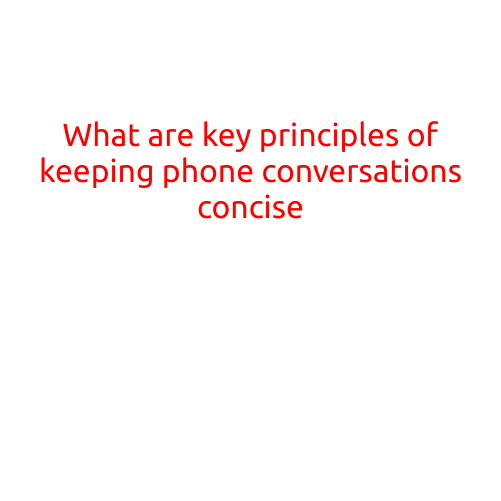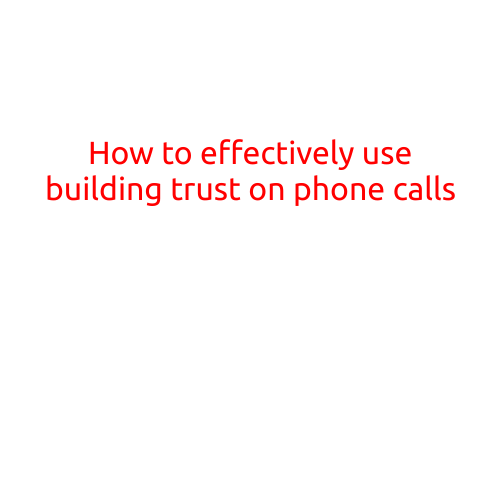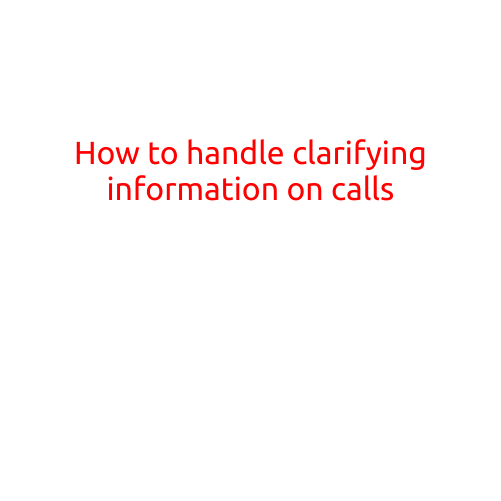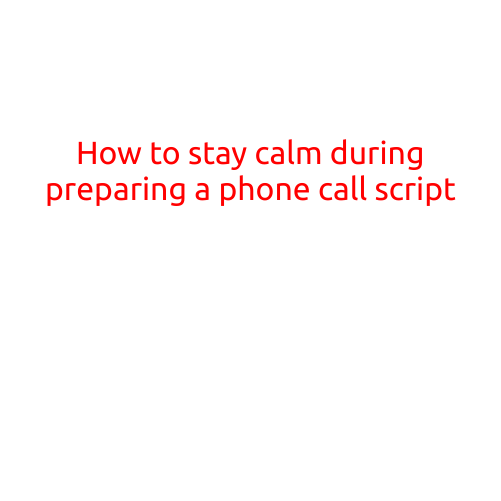
What are the Key Principles of Keeping Phone Conversations Concise?
In today’s fast-paced world, people are often short on time and attention. When it comes to phone conversations, it’s essential to get your message across quickly and efficiently. However, many of us struggle to keep our phone calls concise, leading to frustration on both ends. In this article, we’ll explore the key principles of keeping phone conversations concise, allowing you to stay focused, productive, and effective in your communication.
1. Prepare Before You Call
Before making a call, take a moment to gather your thoughts and organize your message. Identify the main points you want to discuss and prioritize them. This will help you stay focused and ensure you cover the essential topics.
2. Start with a Clear Introduction
Begin your conversation by clearly stating the purpose of your call. This sets the stage for the rest of the conversation and helps the other person understand the context. Keep your introduction brief, around 30 seconds to 1 minute.
3. Focus on One Topic at a Time
Trying to discuss multiple topics at once can lead to confusion and prolong the conversation. Instead, focus on one topic at a time, ensuring you cover it thoroughly before moving on to the next.
4. Use Concise Language
Speak clearly and use concise language to convey your message. Avoid using jargon or overly technical terms that might confuse the other person. Keep your sentences short and to the point.
5. Avoid Rambling
It’s easy to get carried away in a phone conversation, but avoid rambling on about irrelevant details. Stay on topic and avoid going off on tangents.
6. Use Silence to Your Advantage
Silence can be a powerful tool in phone conversations. Don’t be afraid to pause or take a moment to let the other person respond. This allows them to process your message and think before responding.
7. Keep an Eye on the Clock
Keep track of the time and be mindful of the other person’s schedule. Aim to keep your conversations under 30 minutes, unless absolutely necessary. This shows respect for the other person’s time and helps you stay focused.
8. Summarize and Recap
As you wrap up your conversation, summarize the key points and recap the action items or next steps. This ensures both parties are on the same page and helps prevent misunderstandings.
9. End with a Clear Call-to-Action
Finally, end your conversation with a clear call-to-action. This could be scheduling a follow-up call, sending an email, or taking a specific action. This leaves the other person with clear instructions and helps you stay organized.
Conclusion
Keeping phone conversations concise requires intentional focus and preparation. By following these key principles, you can ensure your conversations are productive, efficient, and respectful of everyone’s time. Remember to prepare beforehand, stay focused, and keep your language concise. By doing so, you’ll be well on your way to becoming a master of concise phone conversations.





